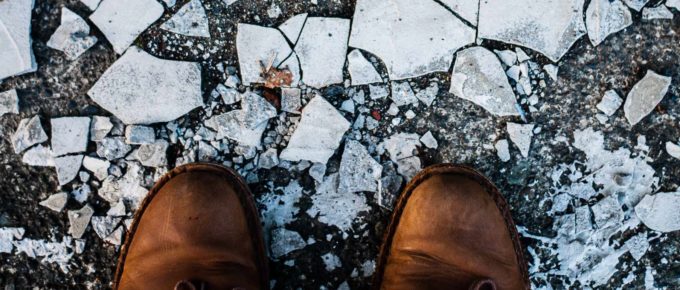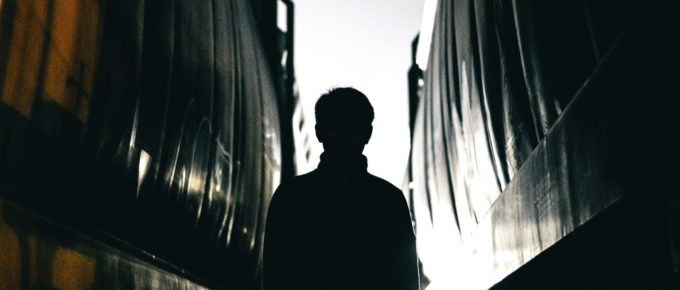We crossed the threshold of two years with the pandemic just a few days ago. We all entered into this liminal experience together, unequal though that still was. Two years on, we are not all leaving it together. There are more than cracks around the edges, and our personal experiences are fragments of a shattered whole. For those still trying to navigate through to the other side, there are insights that liminality has to offer, and perspectives to manage wrestling with the complex question of, “What’s next?”
We Are All Liminal Still
It’s been a year now since we all went over the cliff together and entered the space of the pandemic. We have arguably been held in liminal space ever since, individually and collectively. That’s an entirely unusual, difficult, complicated and unprecedented place to be. Liminality usually defines the transitional space for individuals or small groups. It is rare that an entire society is plunged into the void, without clarity, guidance or a clear way out. A year on, we’re still in a liminal space. Here’s what that means, and what it could mean for what comes next.
Where To: Where Do We All Go From Here?
In our current circumstances, there are questions of where the pandemic leads for us as individuals. There are consequences and implications for organizations. But the biggest impacts—and the greatest choices—are those we face as whole societies. There are many tensions, and significant challenges ahead of us. It would be easy to look to others to make those choices on our behalf. That would be a mistake.
Where To From Here?
Where we have been is in the past. We can explore it, but we can’t change it. Where we are is shaped by how we perceive current circumstances, and how we make sense of who we are and what flexibility and opportunity we have to shape our own destiny. Where we are going is a product of what we care about and value. And all of that depends on how we interpret our internal dialogue, and how we shape the messages that matter most.
How I Got To Here
Think about where you are. What you know. What you can do. And how you can do that. What was your journey? Was it planned? Was it an accident? Was it somewhere in between those two points? We start off life thinking that the most important question we have to answer is what we want to do when we grow up. Eventually, if we are doing it right, we figure out that the answer isn’t as clear, as coherent or even as relevant as we might actually hope.
Who Do You Think You Are?
We often get advice on what we should do, how we should behave, how we can get better. Suggestions are often couched as constructive. They’re theoretically helpful. And yet they most assuredly are often not. And they tell us a lot more about the person offering the guidance than they do about the person being “helped.”






